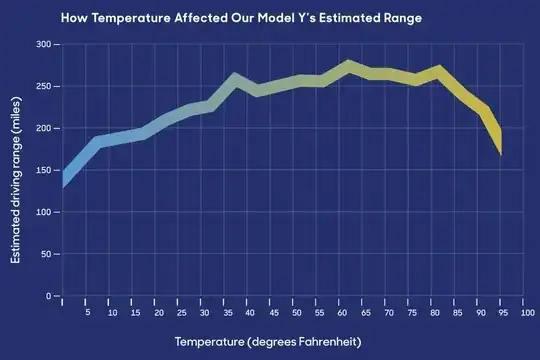It may seem odd, when I ask about fuel in regards to Tesla. I yet do not own one, but some acquaintance ( with Tesla Y Long range, with total battery capacity of 326 miles) has tole me when I asked about buying, per the person Tesla loose about 7-10% fuel every weekend if not driven. So if the person leave it at 55% on Friday evening and do not put the car to charge or drive the Tesla on weekend, then on Monday morning it will show fuel left at 48% or 47%, that is a loss of 7-8% ( or 22-26 miles), per the person Tesla says that is normal. Does the ICE car's EPA mileage v/s Tesla EPA mileage calculation take that part in to account.
I feel ( I hope I am not biased), that most of the buyers of Tesla are middle class+ so they are not taking that part in to account and not noticing the loss and hype.
Does other electric cars have the same issues ?
